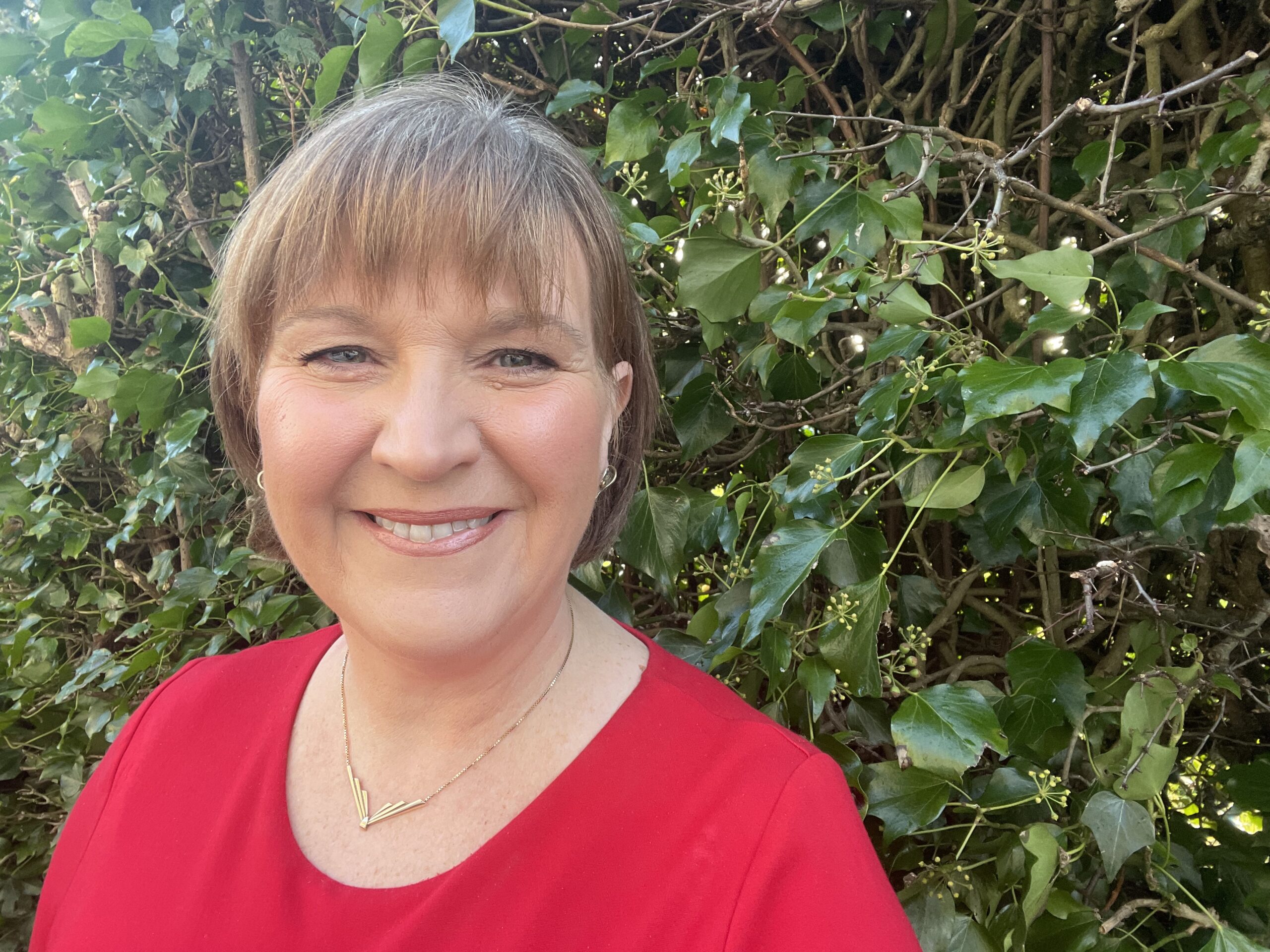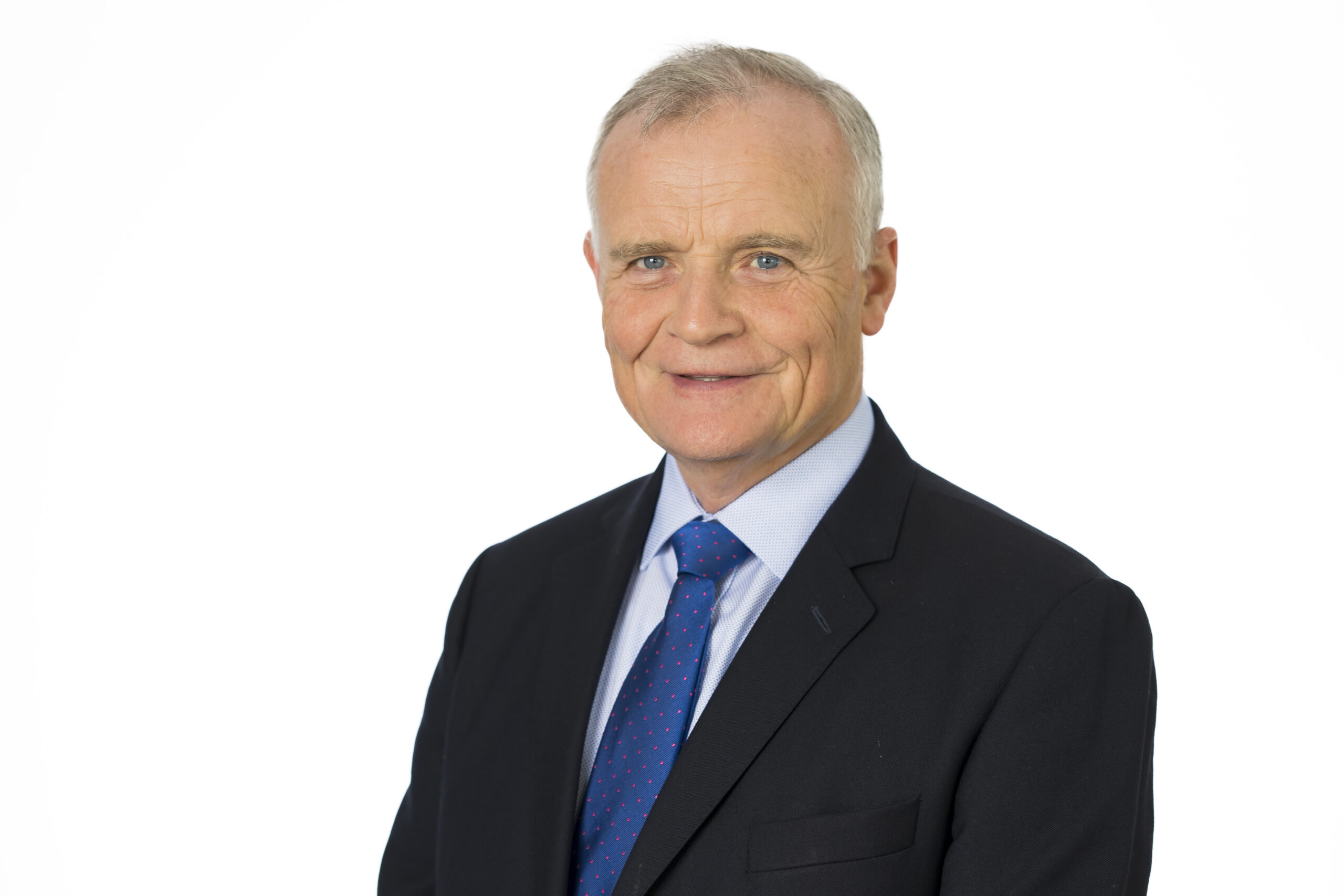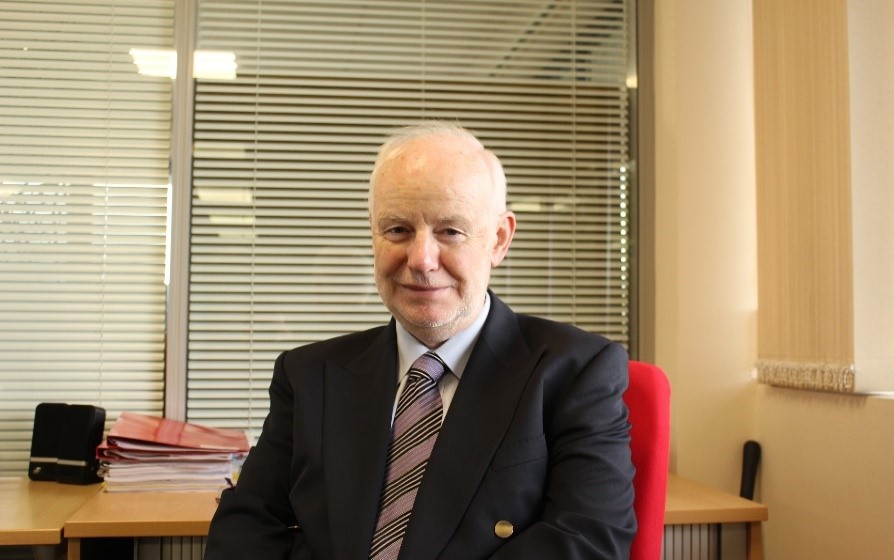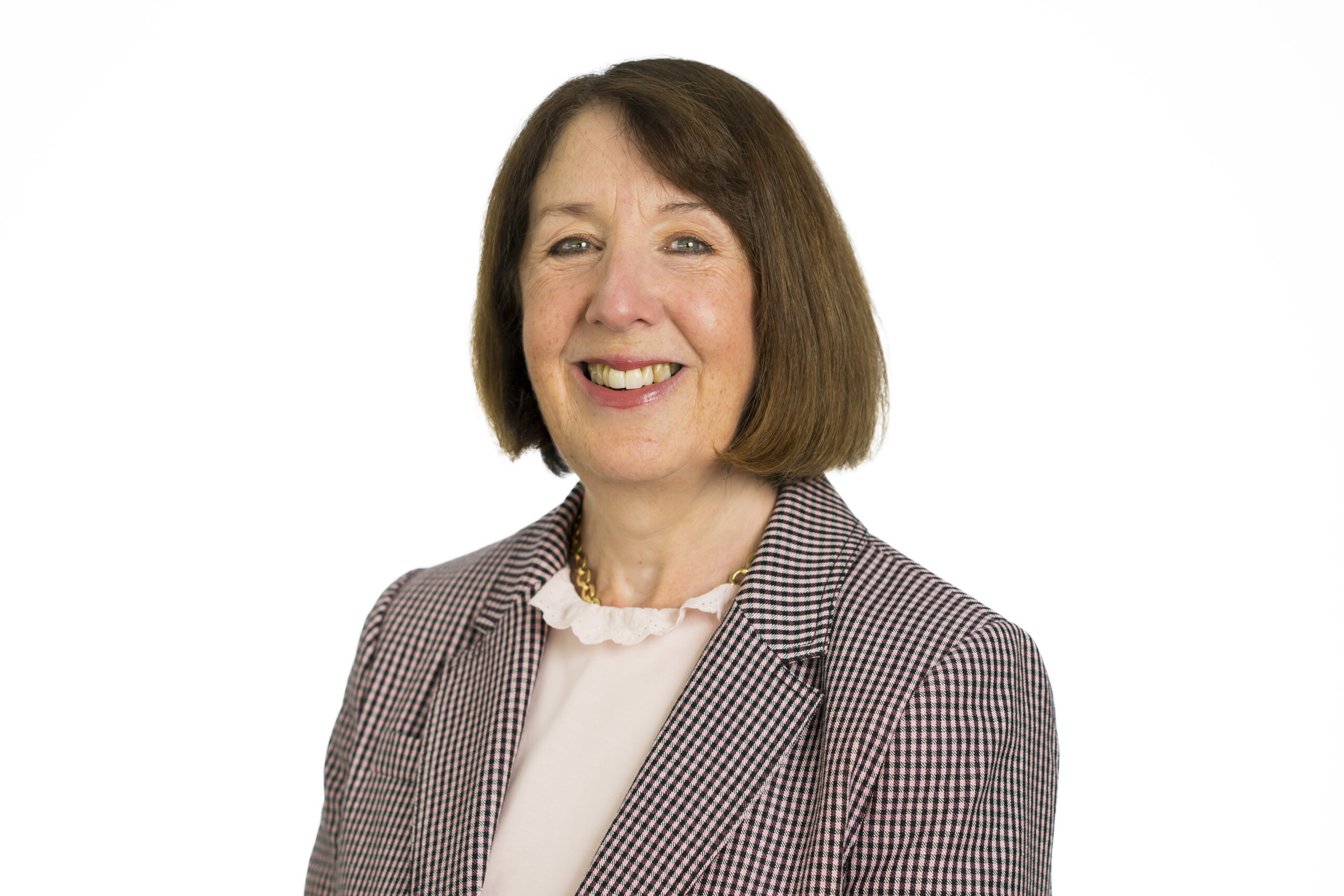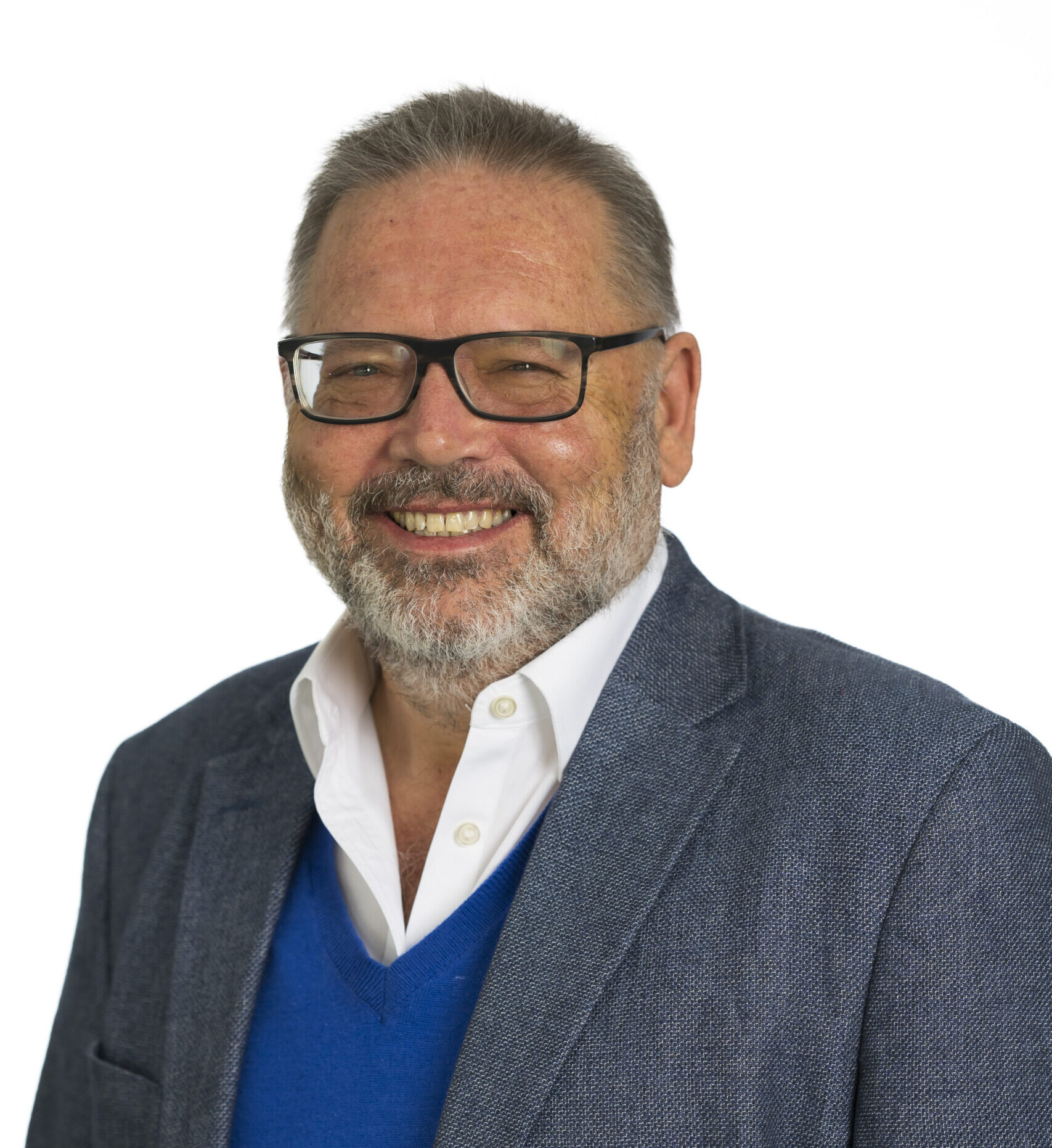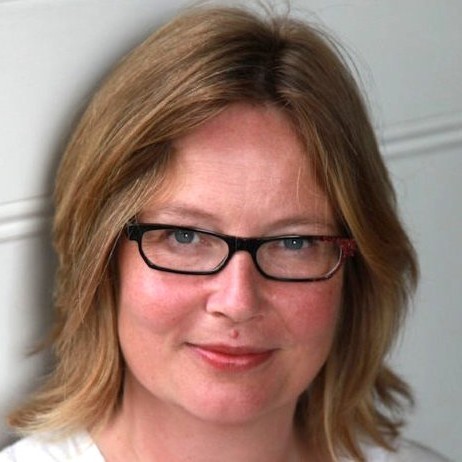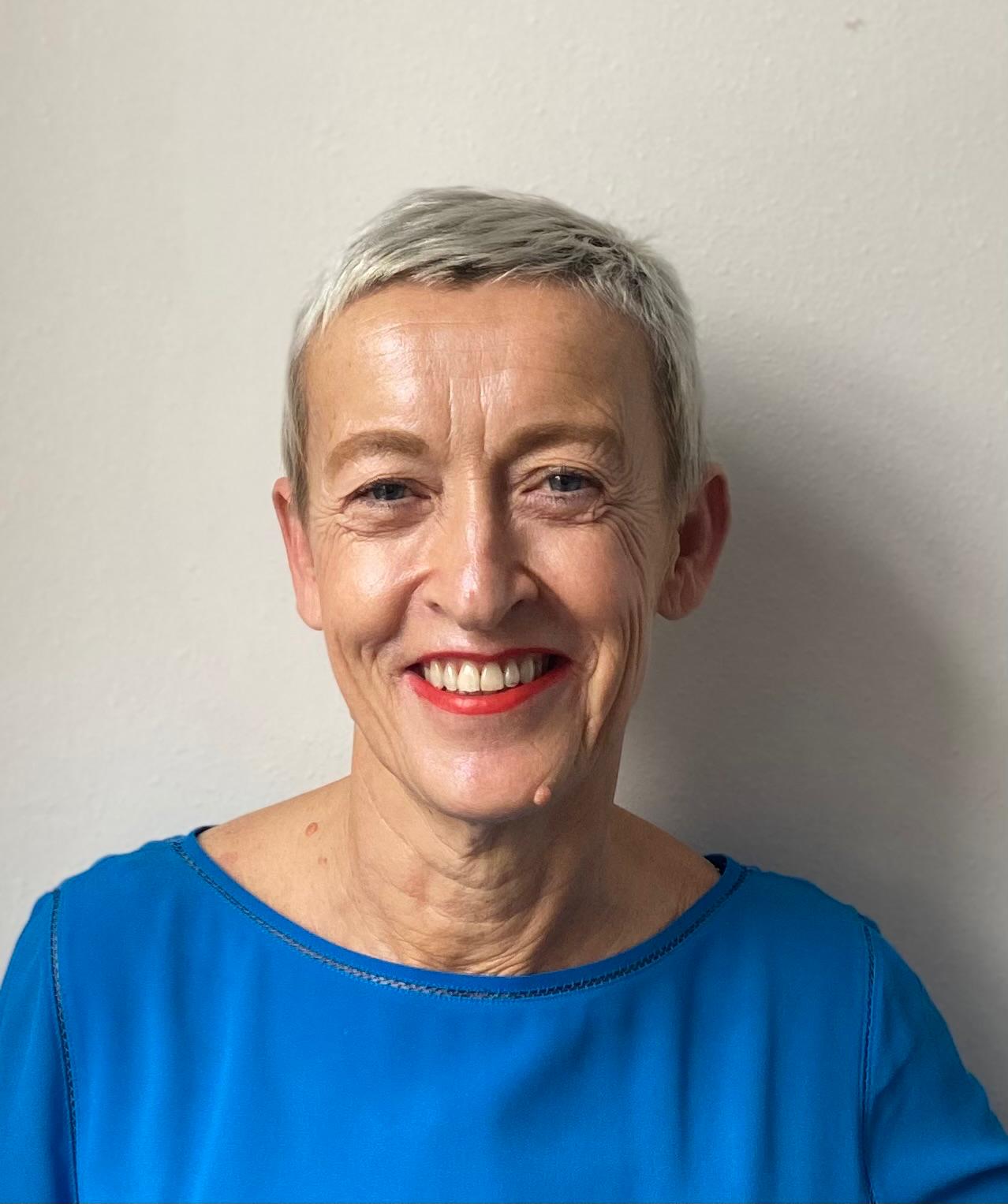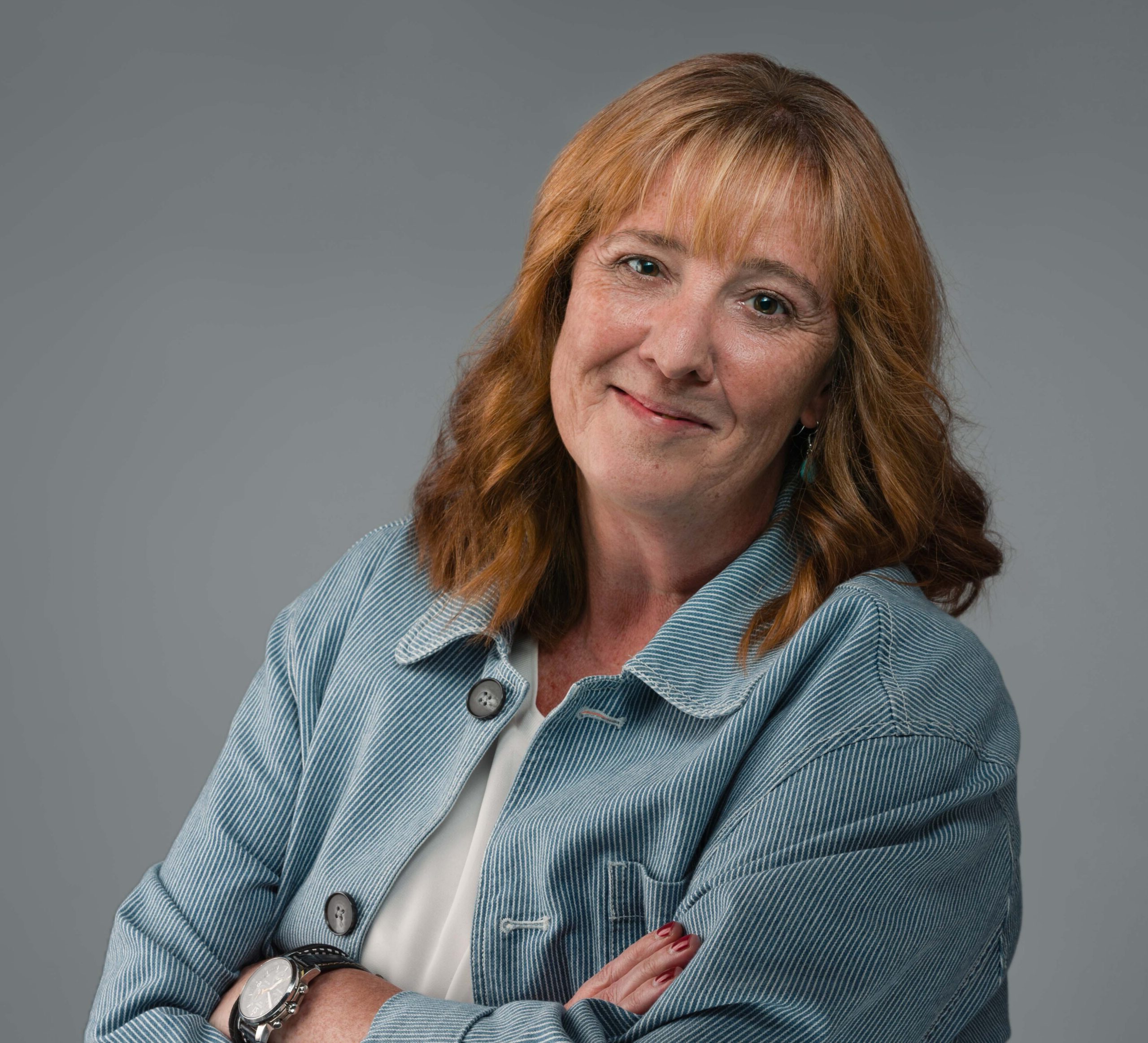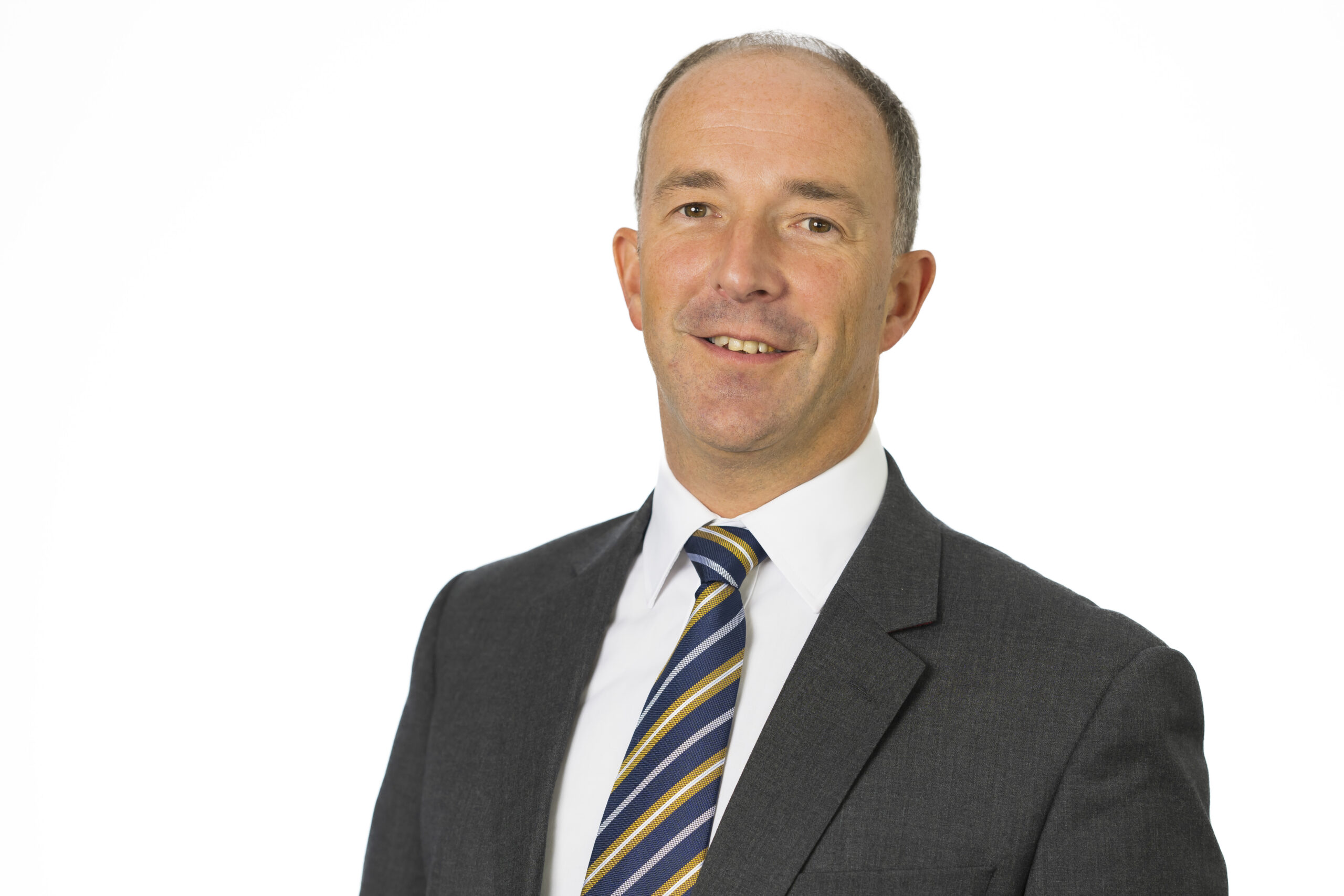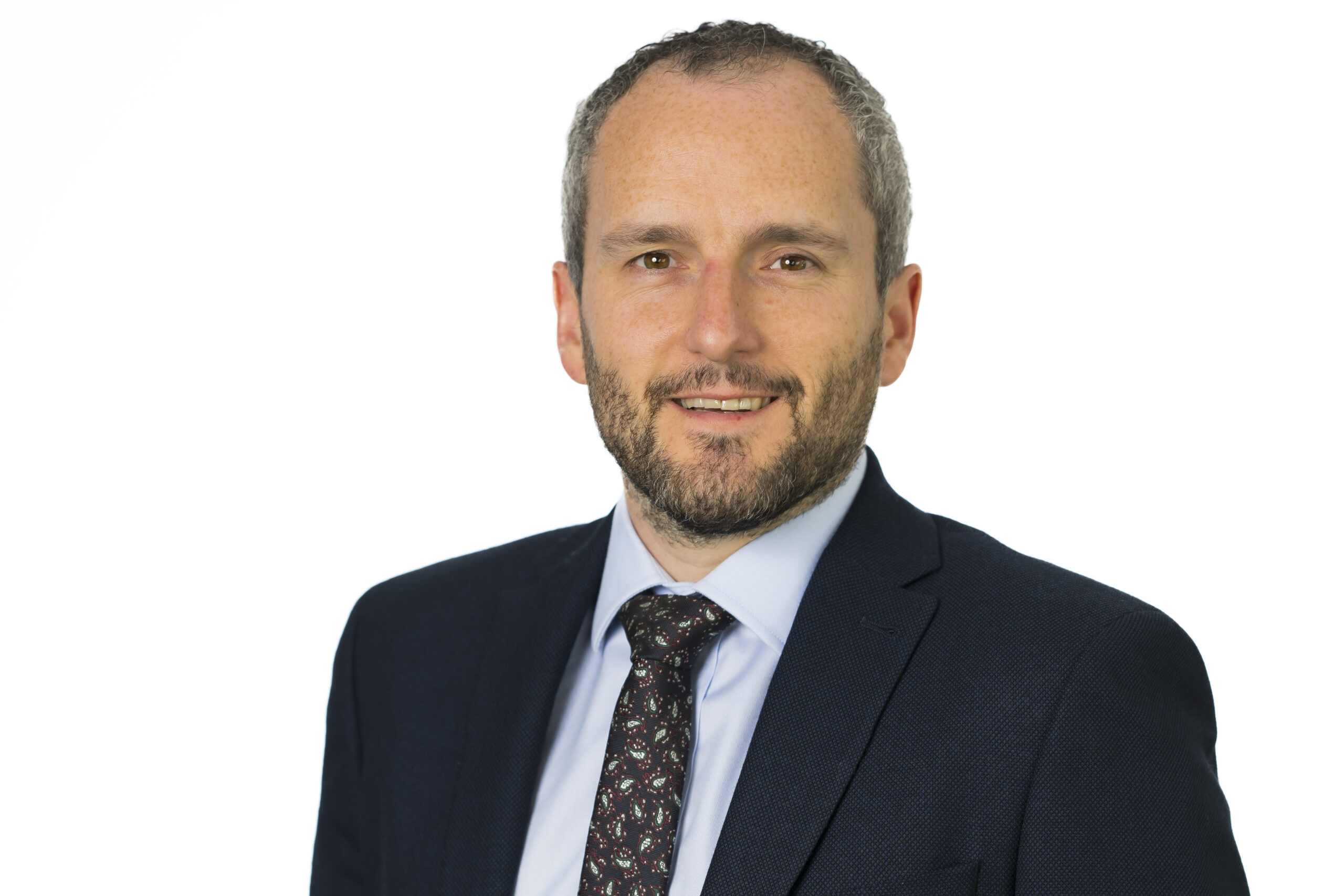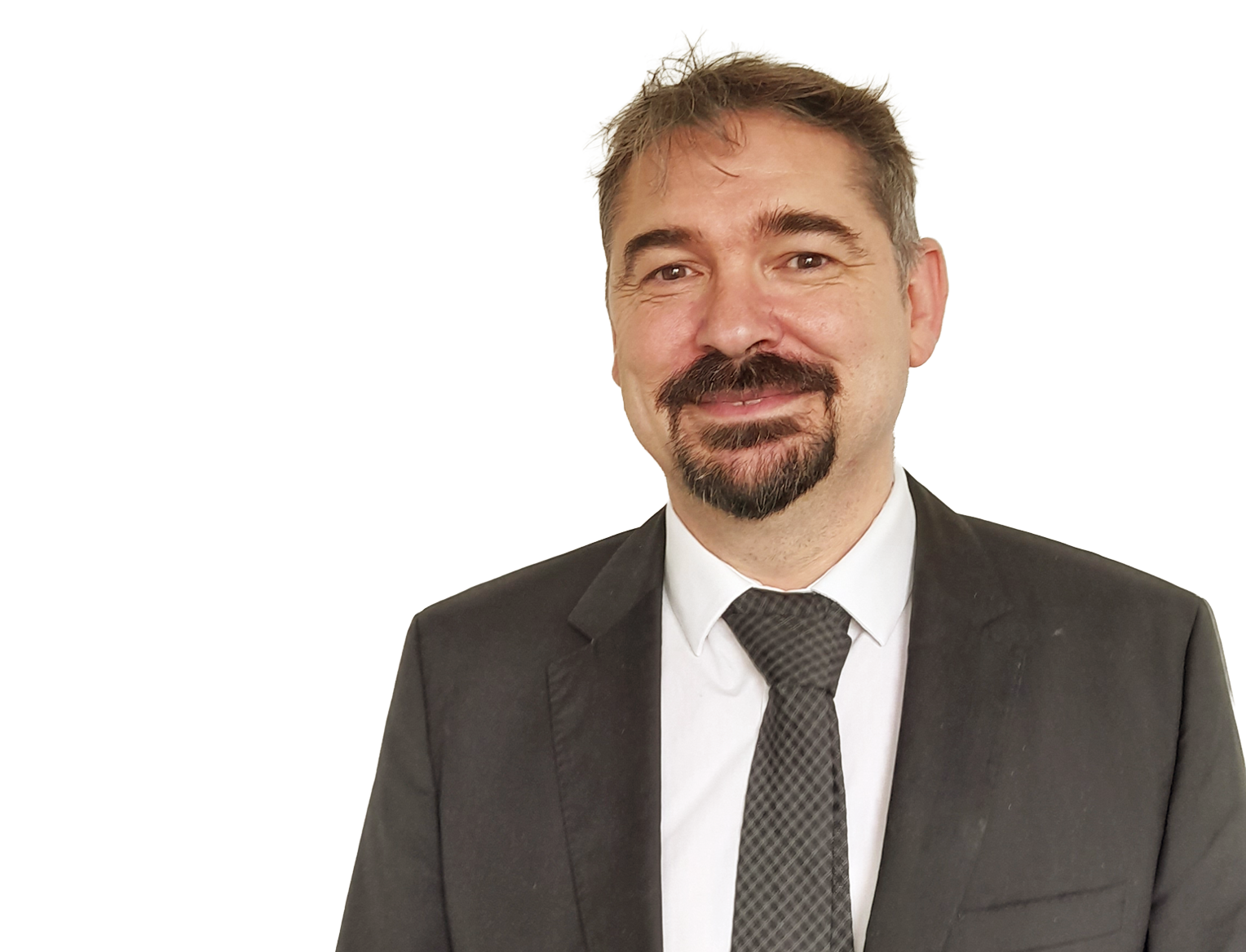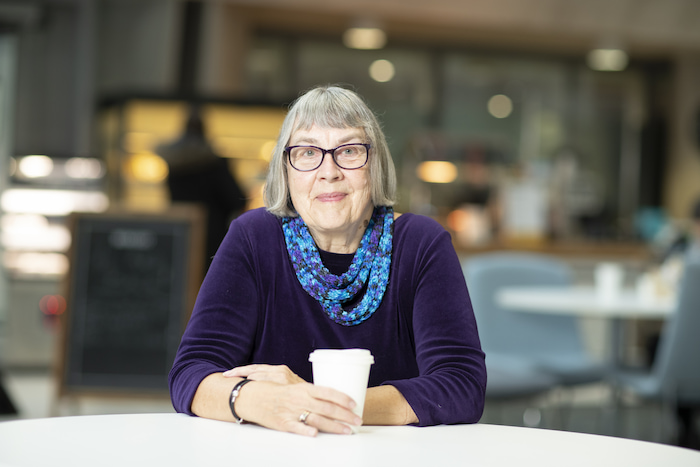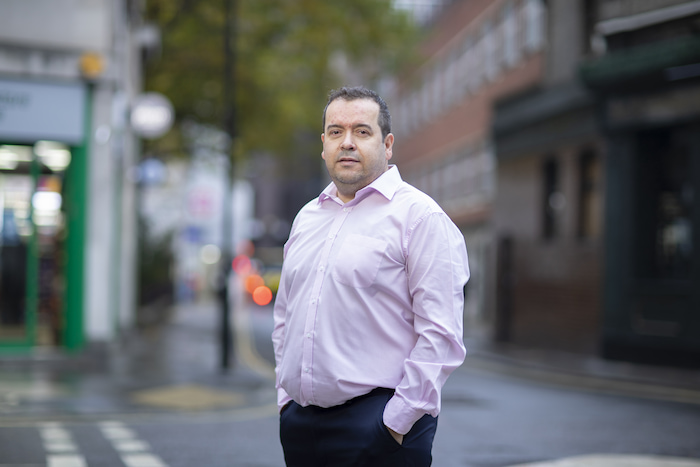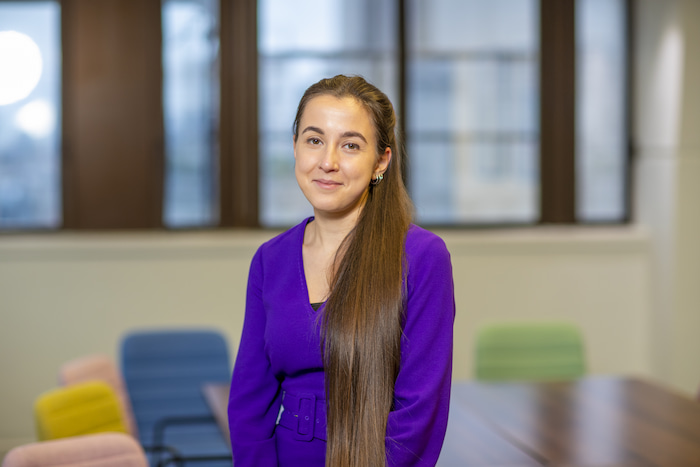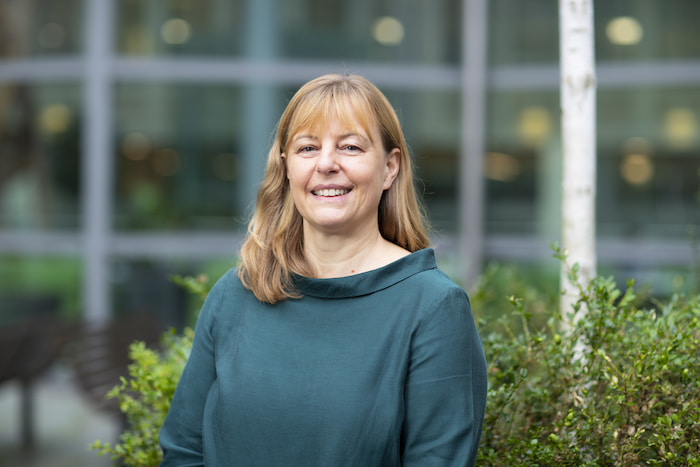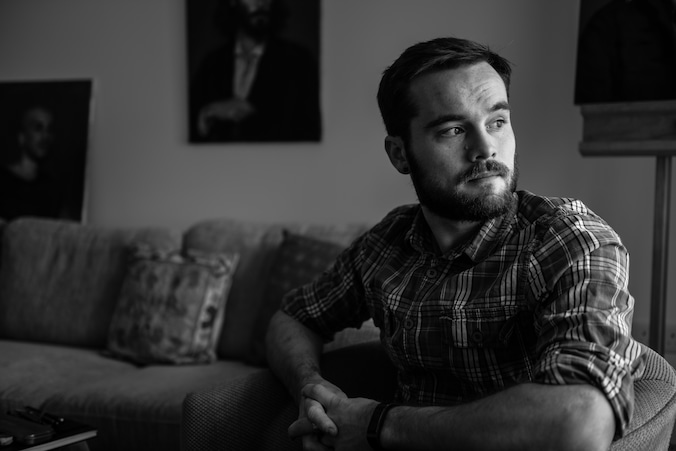Alexandra Bulat
The very first time I lived in the UK was in 1997. My father was working for the NHS and my mother and I came over to be with him. But this was before Romania was in the EU so we could only stay a few months. I came back in 2012 with an offer to study at Sussex University.
At that time, I wasn’t the type of young person to be interested in politics or debating - I was busy working and studying. I wasn’t even that involved in the referendum debate. It was after Brexit that politics became more serious for me.
At that point I was studying for a Master's degree at Cambridge University. I started really to think how the changes would affect me. The first thing I did after the vote was go to Google to see how I could get proof of my status here. I found I didn’t have the five years you needed for a permanent residency card on the old system.
There was so much uncertainty around the negotiation period when it came to the settlement scheme. A lot of my Romanian friends were really concerned, talking about moving to Romania or another country. Around this time, I saw an event about citizens’ rights by the3million. I went along and began volunteering in campaigns, including translating documents in Romania. I now co-manage the Young Europeans Network, the youth wing of the organisation.
I also got accreditation from the OISC to advise on EU Settlement Scheme applications and have supported other Romanians to apply for (pre-)settled status. I found a lot of tech issues as many people don’t have a smart phone or Wi-Fi at home. It generates the question of how they would be able to navigate the digital only status when they want a job or to rent a place.
And there is a question of do people know what to do with the rights they have? Do they know their rights in welfare and healthcare? There is still a knowledge gap in some communities.
When I heard of the call for an IMA Citizens’ Panel I thought it was important that I apply - in many meetings about migrant communities I am the only eastern European there.
At the first IMA panel meeting I saw that there were people from nearly every nationality and a good mix of people with lived experience and those that work in the sector supporting vulnerable people. It’s good to have a diversity of views so it will be interesting to see how the citizens’ panel develops.
